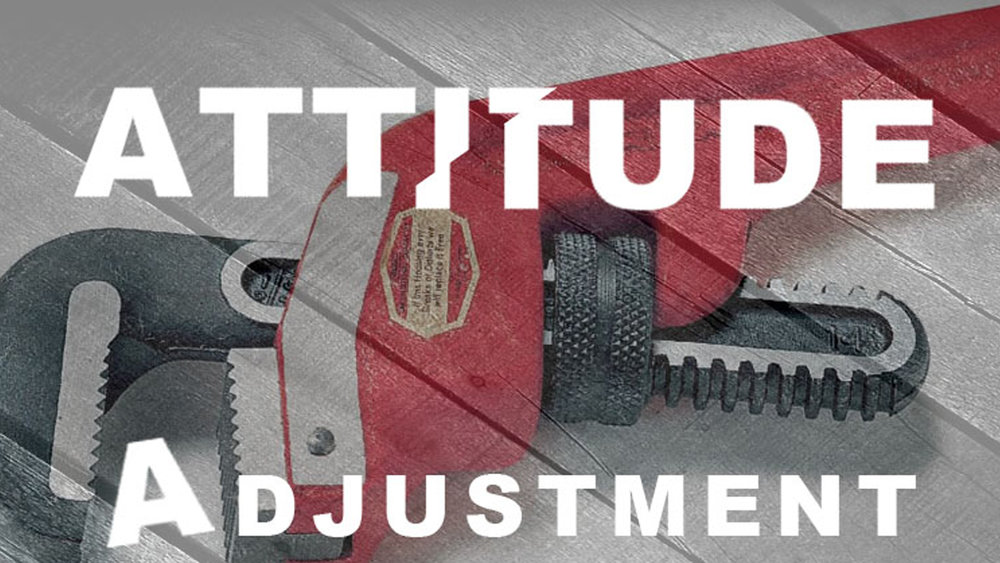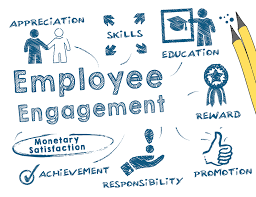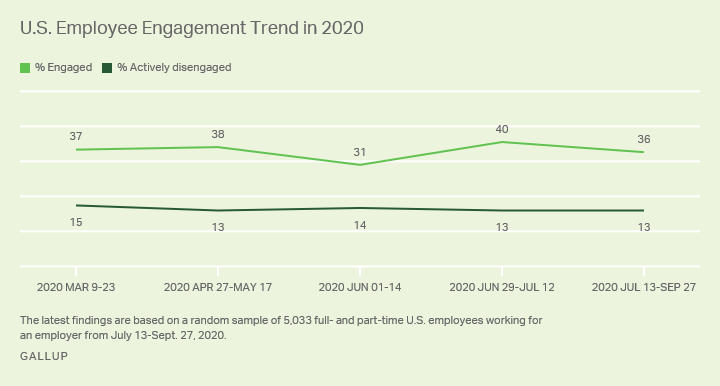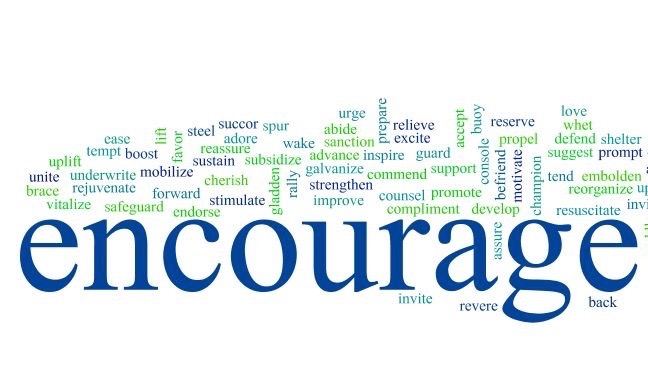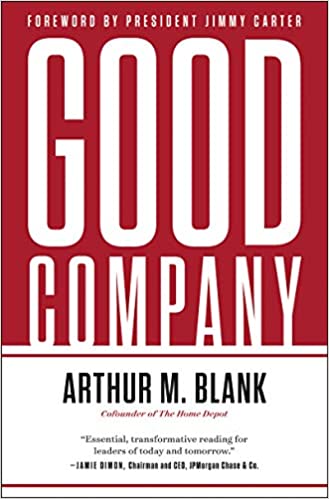
Follow effective action with quiet reflection. From the quiet reflection will come even more effective action – Peter Drucker
Somewhere at the beginning of each day, you probably find yourself looking at your reflection in the mirror. Many of us never give a second thought as to how that reflection is produced. All surfaces reflect some light, but only a special type of surface reflects light in such a way that it can form a mirror.
In 1835, German chemist Justis von Liebig devised a process for coating plates of glass with metallic silver. This was the beginning of the mirror as we know it today and helped it become a household item. The mirrors in our homes are made in a similar fashion by evaporating a very thin layer of silver onto a glass.
If you’re like me, spending a lot of time in front of the mirror is not a good thing–for the mirror. But during the month of December in the lead up to Christmas and when thoughts turn toward the new year, it is a time of reflection.
What about you? What are you reflecting on? What are you thankful for? What are you celebrating? What are you mourning?
Times of reflection as a leader is important and every leader needs to do it. Here are a few ways it can help you grow in your leadership.
It puts your past in perspective
When you look back on 2020, it will generate mixed emotions and responses for sure. But the lessons you’ve learned serve a greater good when you stop to consider all that you’ve been through.
While you may not have chosen every event that came your way, you found a way to face it. You found a way to pivot, improvise, and adapt. Was it easy? Certainly not. Were their setbacks and disappointments? Yes. But here you are, and you are here for a purpose.
Reflect on this: You are not defined by your past. You have a purpose to fulfill.
It gives context to your present
Reflection gives you the opportunity to put your present situation into context. One year ago, many would not have imagined they would be in the situation they find themselves in today. In the past year, I have celebrated the birth of a new grandchild, mourned the passing of my mother, and faced the challenges of a pandemic with my fellow human race.
Nibo Qubein said, “Your present circumstances don’t determine where you can go, they merely determine where you start”. And this is the point of reflection – not to see how far you’ve come but to get a good look at the starting line going forward.
Reflect on this: What actions do you need to take today to get a fresh start on your future?
It provides clarity for your future
Richard Carlson was right when he said, “Reflection is one of the most underused yet powerful tools for success”. And this is one of the primary benefits of it. Not only does reflection give you the benefit of putting your past in perspective and context to your present, but it can give you a blueprint for your future. Click To Tweet
Every lesson you’ve learned this year has prepared you for this moment. You are not the sum of your failures, fears, or setbacks. I believe that you’ve been prepared by them for a future brighter than what you’ve imagined.
Reflect on this: What attitudes do I need to embrace and who are the people that I need to surround myself with going forward?
Final Thoughts
Times of reflection can be invaluable to you as a leader. It can give you the clarity you need as you lead your people who rely on it. Embrace times of reflection and develop it as a discipline. You will be the wiser leader for it.
©2020 Doug Dickerson

The Cardinal Point Leadership Podcast is coming in January 2021! The Cardinal Point Leadership Podcast is for leaders young and old. My desire is simple – to cut through the clutter and deliver leadership content that is relevant, practical, and useful. Here we will talk about leadership development, employee engagement, servant leadership, and much more.
